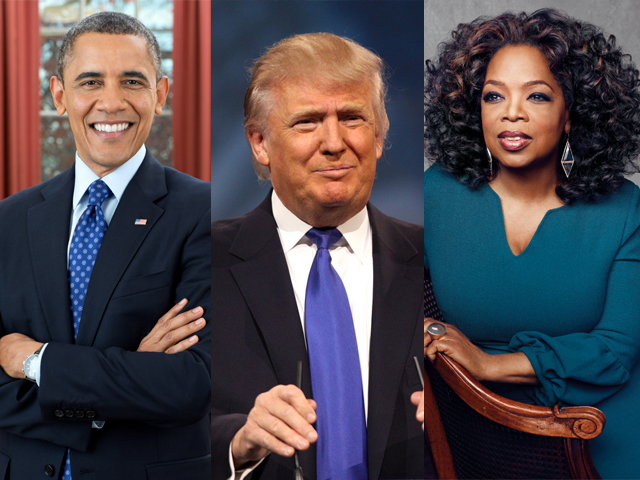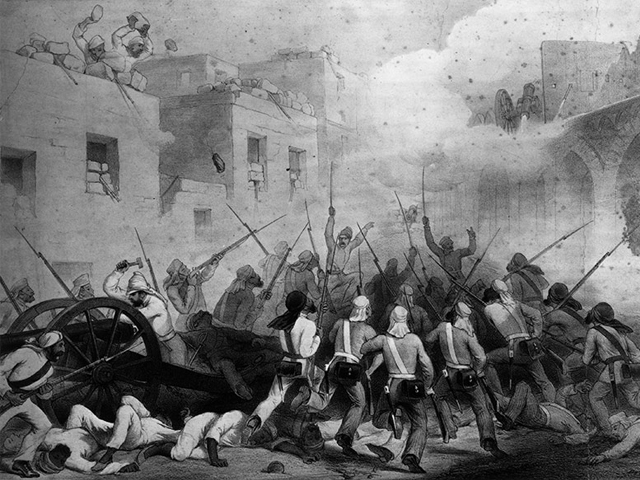
Will China’s military overhaul be able to compete with the US Army’s 101st Airborne Division?
Sinophobes can relax so long as the People in PLA is not replaced with Professional.
The size of China’s People’s Liberation Army (PLA), its past performance and the Republic’s economic super power status have periodically got Washington’s knickers in a twist, much to the glee of the United States’ military-industrial sector.
The South China Morning Post’s report of a prospective overhaul of China’s land troops to acquire a rapidly deployable force on the lines of the US Army’s 101st Airborne Division (101st) promises as much.
The plan also involuntarily activates latent Sinophobia – even though the ambitious project is obviously a very long haul – with success hanging on China’s crucial choice between conscription and professionalism.
Milton Friedman (1912-2006), Nobel laureate economist, is generally credited with being a mentor of the United States’ modern, all-volunteer, professional military.
In the 70s, when Friedman had sold the idea to then-Secretary of Defence Melvin Laird, General Westmoreland reportedly commented that he would not want to command an army of mercenaries to which Friedman apparently retorted,
“Would you rather command an army of slaves?”
Believing that conscription was ‘inconsistent with a free society,’ Friedman exerted his influence to professionalise national defence and imbue it with offensive and pre-emptive capability. And Friedman’s whispers urged Ronald Reagan to mentor the blossoming of the United States all volunteer military.
Thus, China’s reported model, the US’ 101st, is not just a technology dependent force. Educated and motivated professionals recruited from a ‘free society’ form its core strength, allowing it to be a nimble, deadly and rapidly deployable object of envy for many armies.
President Xi Jinping, who also heads the decision-making Central Military Commission, will oversee the restructuring of China’s land forces. Considering the extent to which China’s economic superpower status far outstrips its military reach, the Chinese president’s ambition makes perfect sense. Human waves of charging conscripts can no longer carry the day, especially when China seeks and, is expected to be a player, in direct international conflict resolution.
According to the South China Morning Post’s sources, China’s 18 Army Corps modelled on the old Soviet pattern, will be pared down and reorganised into 25 to 30 divisions.
Armies being bastions of conservatism, this process will be discreetly resisted by elements within the army. Replacing the ‘People’ in PLA is liable to elicit a knee jerk reaction similar to that of General Westmoreland’s cited above. However, China has a dynamic track record of overcoming obstacles to its way forward and the reforms should prevail.
Yet, that in itself does not mean that overnight China will acquire a rapidly deployable and sustainable war machine like the 101st, the French Foreign Legion or the UK’s Marine Commandos.
The core strength of these units is based on professionals within a professional standing army, recruited from the educational system of Friedman’s ‘free society’.
Such social orders shun rote learning and even in their military academies, cadets are encouraged to think freely, speak openly, question, and innovate. The West’s overwhelming technology in the last century’s Gulf Wars apart, Iraq’s proficient army officers were unable to process changes to a predetermined battle model to enable their junior leaders and conscripts to be effective. The Japanese faced the same challenge in Burma during World War II.
Even if the Chinese military reforms end up including a professional army, do not expect an immediate qualitative change for two reasons.
Firstly, the recruitment pool will still consist of rote learners possessing basic skills and much obedience, thereby lacking the initiative required at all levels of command, especially among junior leaders who need to be multi-skilled and take split-second decisions, indispensable to the success of a modern conflict.
Secondly, combat units need at least 20 years to forge themselves into a cohesive warrior clan. Accountants can toss together units that may impress the audience of a Prezi presentation but not the enemy.
The Chinese have obviously started appreciating that recipe of conscription, political commissars, patriotic songs, lectures and obedience can no longer ensure cohesive war fighting. The warrior needs to be a professionally motivated, fit, educated volunteer, rendered competent by rigorous training. Leaders and those led adopt each other and fight for each other and nothing else.
Although obedience and discipline might overlap, an army’s reliance on obedience alone as a requirement of discipline is dangerously counter-productive. It is worth remembering that in the Nuremberg Trials after the Second World War, the Germans accused of genocide defended their actions by evoking obedience as a virtue.
Higher command needs to be educated on a broad cultural base, master the chess moves of war and be able to provide the relevant equipment and create the right conditions for their command to optimise. Junior leaders and their command need autonomy of execution and not micro-management, a stepchild of obedience-reliant discipline.
Then, it starts working.
President Xi Jinping’s project is a good first step for China on a long, untraveled and arduous road. Sinophobes can relax for as long as the Chinese system is inconsistent with Friedman’s “free society” and the People in PLA is not replaced with Professional.
In the meantime, the American military-industrial complex will have more time to ensure that their research and development maintains its lead at a brisk trot.




COMMENTS (6)
Comments are moderated and generally will be posted if they are on-topic and not abusive.
For more information, please see our Comments FAQ